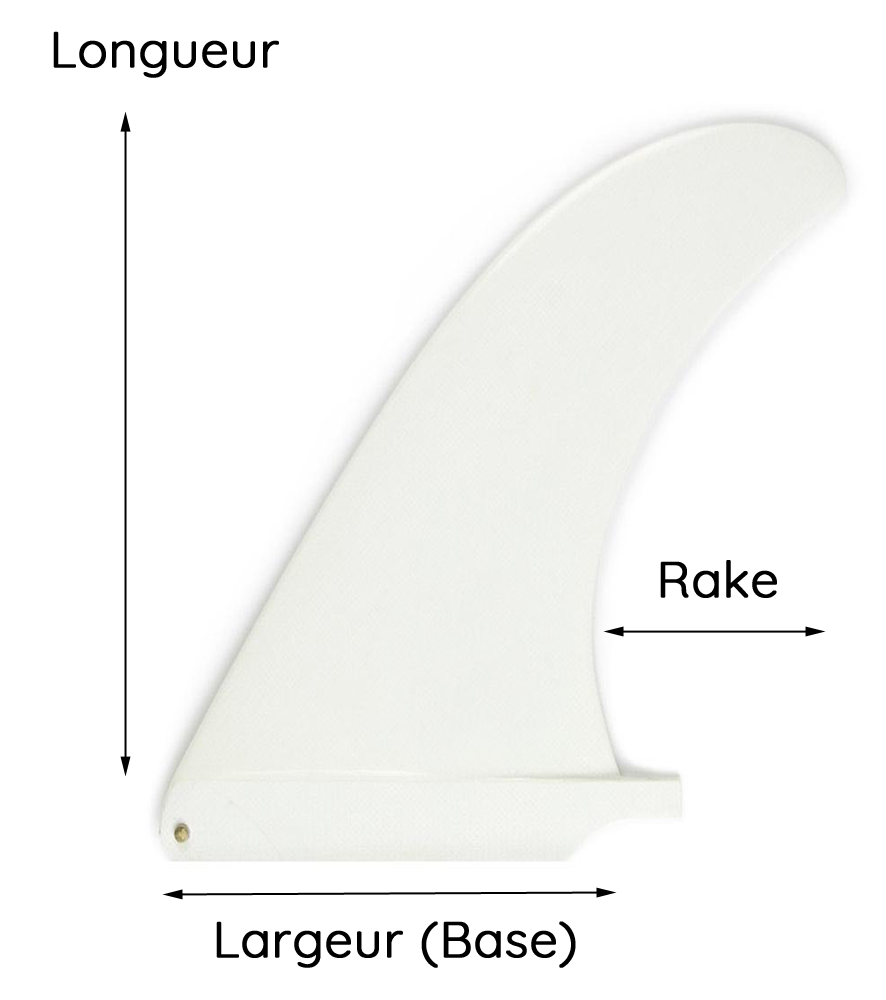Description
It is Reynolds Yater , (also known by his nickname Rennie ) who created this design in the mid-70s to satisfy the most demanding single fins in terms of performance .
Slightly modified, the True Ames Yater Classic single fin with its vertical shape and a minimum of flex is now a more versatile fin .
It can be surfed in retro single fin, longboard single fin, or central 2+1 modes.
Construction : resin and fiberglass for maximum precision, flex and durability.
- UsBox compatible.
- Screws and square plate for screwing supplied
To choose your single fin and understand how it works, here are the essential elements to take into account:
- Length : by increasing the length of your fin you gain stability, by reducing it you improve maneuverability and responsiveness.
- Width (base) : by increasing the width of your fin you gain speed, by decreasing it you improve maneuverability and responsiveness.
So choose for example a large and wide fin if you prefer noseriding , and a smaller and narrower one to make your turns easier and reduce the arc of your curves .
- The rake : the greater the rake (therefore the more "deep" the fin is), and the more drive the board will have, i.e. hold and stability in curves.
- Flex : the more flexibility the fin has, the more you will gain in maneuverability and recovery, but the more you will also lose in pure speed.
Beyond the very characteristics of each fin, their placement in the case is decisive:
The further back the fin is and therefore closer to the tail, the more stability and grip you will have but the more maneuverability you will lose.
On the contrary, the further the fin is from the tail , the more maneuverable and responsive the board will be, with the tradeoff of losing stability.
Have fun moving your single fin forward or backward as the sessions progress, the difference is obvious and you will be able to surf the same board with completely different approaches and styles .


